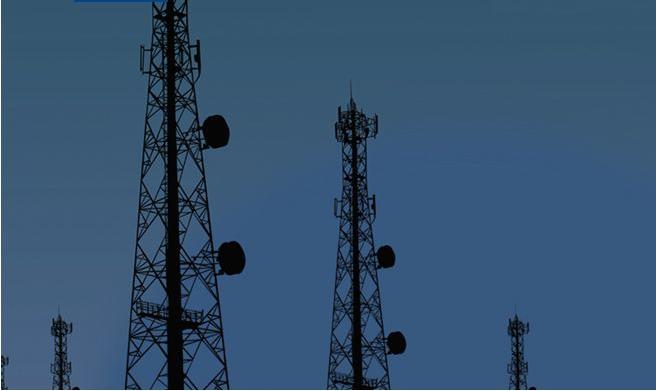 The Tower and Infrastructure Providers Association (TAIPA) has demanded changes in the Gujarat telecom tower policy that only regulates provisioning of 4G services a particular technology by laying fibre and erecting poles.
The Tower and Infrastructure Providers Association (TAIPA) has demanded changes in the Gujarat telecom tower policy that only regulates provisioning of 4G services a particular technology by laying fibre and erecting poles.
TAIPA said the Gujarat telecom tower policy dated 3 October 2012 does not focus on the overall development of telecom infrastructure through ground based towers, rooftop towers, in-building solutions and Wi-Fi solutions etc.
The existing 4G policy levies multiple fee levies like annual renewal fee, security deposit and one-time charges for telecom infrastructure installation and escalation of annual fee by 10 percent after every three years etc.
Interestingly, Gujarat is home to Mukesh Ambani, the promoter of Reliance Jio Infocomm, the all-India 4G operator.
TAIPA aired its views at a time when Gujarat will have a new team of ministers under chief minister Vijay Rupani and deputy chief minister Nitin Patel.
The state government’s 4G policy imposes exorbitantly high charges for laying the OFC cable ranging from Rs 1,000-1,500 per running meter which amounts to Rs 10 lakhs per kilometre while the charges prescribed under the Indian Telegraph Right of Way (RoW) rules dated 15 November 2016 issued by Central Government is Rs 1,000 per kilometre for laying OFC and Rs 10,000 for deploying telecom towers.
The RoW policy, November 2016 has enabling features such as no restriction on location of telecom towers, single window clearance mechanism, defined time-period for approvals, appointment of Nodal officers, nominal administrative fees and deemed approvals etc. extensively supporting the Digital India mission.
“The Gujarat state needs to notify a tower policy that is aligned with Right of Way (RoW) rules issued by the central government in order to ensure seamless tower installation across the state irrespective of any particular technology,” said Tilak Raj Dua, director general of TAIPA.
“This will address issues such as voice call drops, network outage and connectivity gaps etc. which are faced by the subscribers due to the number of limitations imposed on the mobile tower installation, hindering rollout of essential critical telecom infrastructure across the state,” Tilak Raj Dua said.
Indian states such as Jharkhand, Haryana, Rajasthan, Odisha and Kerala aligned their tower policies with the Central government guidelines.
Gujarat state have more than 26,000 mobile towers mounted with more than 1 lakh BTSs serving 69 million wireless telecommunication subscribers. TAIPA said Gujarat state needs to add double the mobile towers and BTSs to connect the unconnected, and rollout future technologies such as 5G, Internet of Things (IoT), Virtual Reality and Artificial intelligence etc.
TAIPA represents telecom tower companies such as such as Bharti Infratel, ATC towers, GTL Infrastructure, Reliance Infratel, Indus towers and Tower Vision etc.
